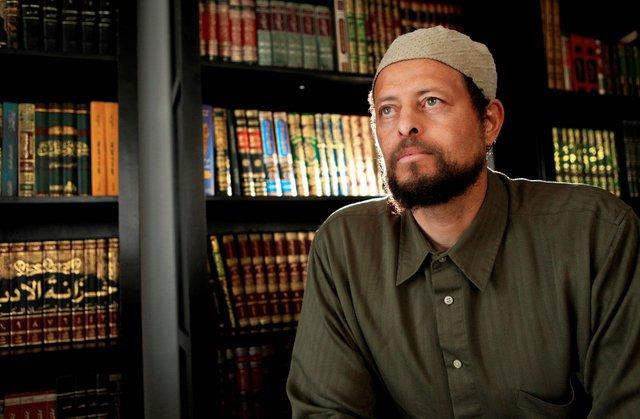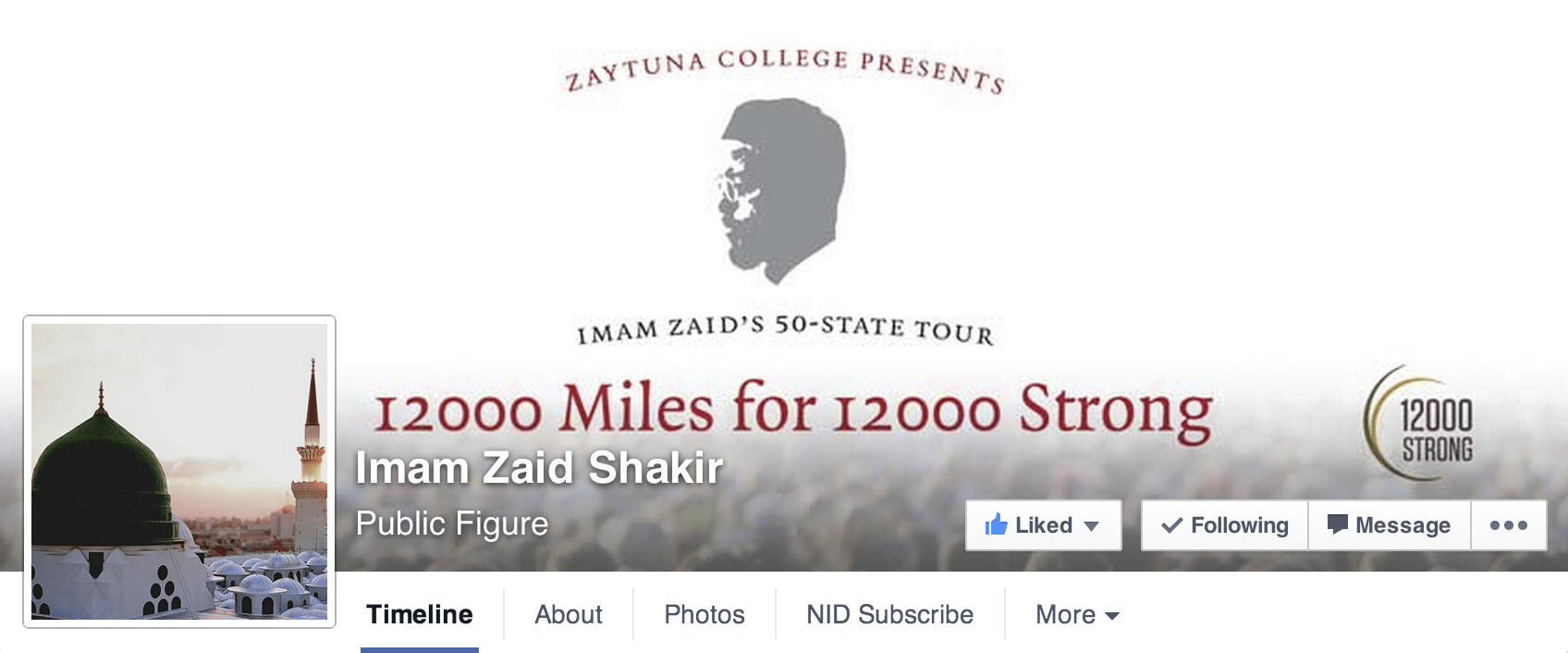Apologetics Versus Apologizing – Imam Zaid Shakir
Original note from Imam Zaid Shakirs’ facebook page.
As-Salaam Alaikum,
Many Muslims confuse apologetics with apologizing. Apologizing for a wrong has a great place in Islam, as is the case with all viable religions or systems of morality. It is part of the process of redressing a wrong one has done to another. Apologizing can also have a negative connotation. This would be the case if one were to express regret for being a Muslim or for some legitimate Islamic practice, especially one that has historically not been viewed as problematic, even by people outside of the fold of Islam.
Apologetics, on the other hand, involve a systematic defense of a faith, doctrine or practice. This is where many Muslims fall into confusion. When some Muslims defend Islam against practices that have no sanction in the religion, others (a small, but sometimes vocal minority) might ask, “Why are you even addressing this issue? Who cares what the Kuffar think. Stop apologizing for Islam!” Such responses are antithetical to both the Qur’an and the Sunnah. In other words, in both of these sources of the religion, we see well-reasoned defenses of Islam.
For example, Allah mentions in the Qur’an, “Among them is a group who use their tongues to distort the Scripture in order that you think it [the distortion] part of the Scripture while it is not part of the Scripture. They further say, ‘It is from Allah,’ while it is not from Allah. They knowingly lie against Allah” (3:78). The point here is that Allah ta’ala informs the believers that the distortions of those liars are not part of the Qur’an. He is, as it were, “defending” the Qur’anic message from distortions and perversions. Allah could have let the message speak for itself and left the distortions unaddressed, however, he knows the power a lie can have on the hearts and minds of His servants. Hence, He clarifies the situation. Examples such as this in the Qur’an are too numerous to mention here.
Along these lines, we will point to an incident from the Sirah (prophetic biography). One night, the Prophet, peace and blessings upon him, was accompanying Safiyya, his wife, back to her house when two of his Companions, may Allah be pleased with them, passed by. When they saw the Prophet, peace and blessings upon him, they quickened their pace. He called out, “Slow down. Verily, it is Safiyya bint Huyyay!” Hearing this, they responded, “Subhanallah [we thought nothing] O messenger of Allah!” He addressed them saying, “Surely, Satan flows through the human body like blood. I feared that he would cast an evil [thought] into your hearts.”
 The Prophet, peace and blessing upon him, could have left them free to think whatever they chose to think, but he did not. He clarified the situation in order that the moral integrity of Allah’s Messenger, peace and blessings of Allah upon him, was preserved. In other words, he was defending the religion, as his moral integrity is foundational for Islam. In essence, he’s engaging in apologetics. He further gave a “religious” justification for doing so, namely, to protect those two Companions from the machinations of Satan -“Surely, Satan flows through the human body like blood. I feared that he would cast an evil [thought] into your hearts.”
The Prophet, peace and blessing upon him, could have left them free to think whatever they chose to think, but he did not. He clarified the situation in order that the moral integrity of Allah’s Messenger, peace and blessings of Allah upon him, was preserved. In other words, he was defending the religion, as his moral integrity is foundational for Islam. In essence, he’s engaging in apologetics. He further gave a “religious” justification for doing so, namely, to protect those two Companions from the machinations of Satan -“Surely, Satan flows through the human body like blood. I feared that he would cast an evil [thought] into your hearts.”
Those who think that in the face of the many conscious distortions of Islam we should just leave people free to think whatever they want are missing the mark. I would ask them, “Should people be left free to be manipulated by Satan and placed unwitting, in many instances, in the service of his vile agenda?” I think not. Surely, Allah knows best.
